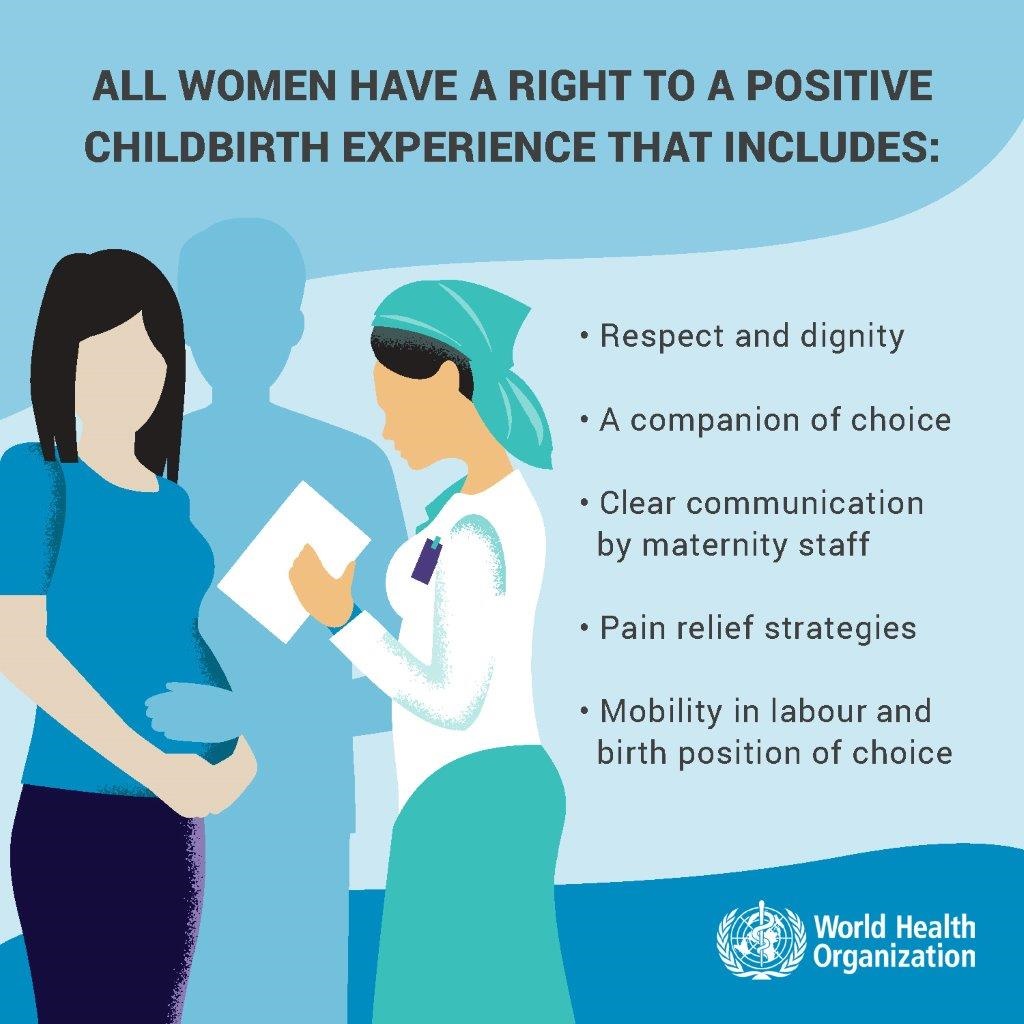16.02.18
Stop intervening to speed up birth unless real risks involved, says WHO
Medical staff and midwives should not intervene to speed up a woman’s labour unless there are real risks of complications, says the World Health Organisation (WHO).
New guidance from the WHO overturns decades of previous advice, which said that labour progressing at a slower rate than 1cm of cervical dilation per hour in the first stage was risky.
Worldwide, an estimated 140 million births take place every year. Most of these occur without complications for women and their babies.
Yet over the past 20 years, practitioners have increased the use of interventions, such as oxytocin infusion to speed up labour or caesarean sections, which were previously only used to avoid risks or treat complications.
“We want women to give birth in a safe environment with skilled birth attendants in well-equipped facilities,” said Dr Princess Nothemba Simelela, WHO assistant director-general for family, women, children and adolescents.
“However, the increasing medicalisation of normal childbirth processes are undermining a woman’s own capability to give birth and negatively impacting her birth experience.
“If labour is progressing normally, and the woman and her baby are in good condition, they do not need to receive additional interventions to accelerate labour.”
About 830 women die from complications in pregnancy or childbirth around the world every day. Most could be prevented with high-quality care in pregnancy and during childbirth, according to the WHO.
The new guidelines include 56 evidence-based recommendations on what care is needed throughout and immediately after labour for the woman and her baby including maintaining privacy and confidentiality and having a companion of choice during labour and childbirth.


Ian Askew, director of the WHO’s department of reproductive health and research, said: “Many women want a natural birth and prefer to rely on their bodies to give birth to their baby without the aid of medical intervention.”
“Even when a medical intervention is wanted or needed, the inclusion of women in making decisions about the care they receive is important to ensure that they meet their goal of a positive childbirth experience,” he added.
Top image: shironosov
In text image: WHO
Have you got a story to tell? Would you like to become an NHE columnist? If so, click here.